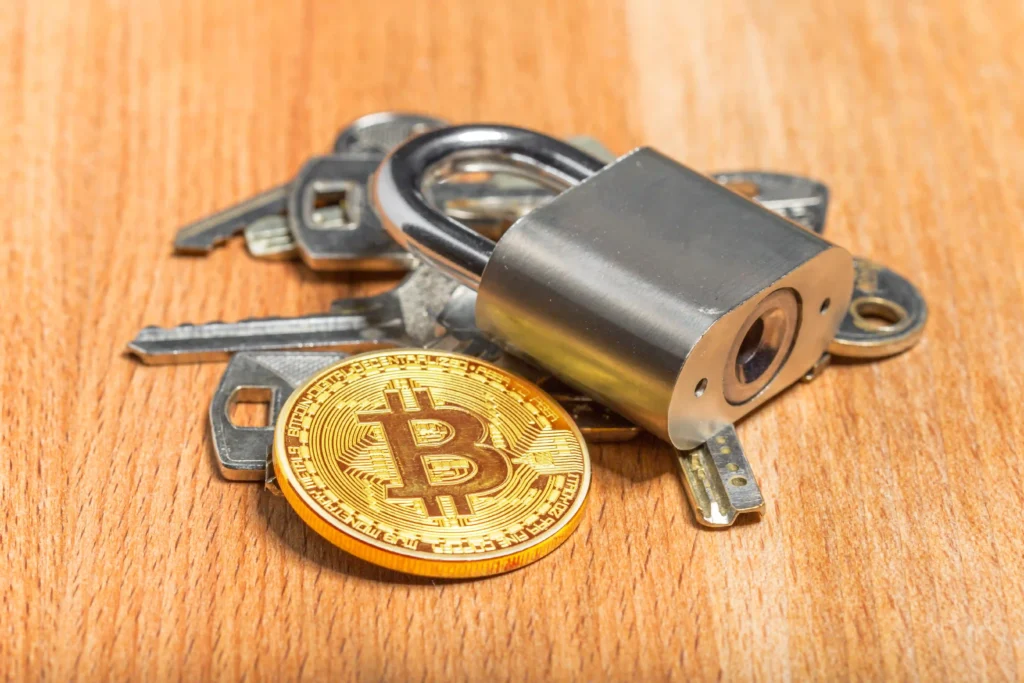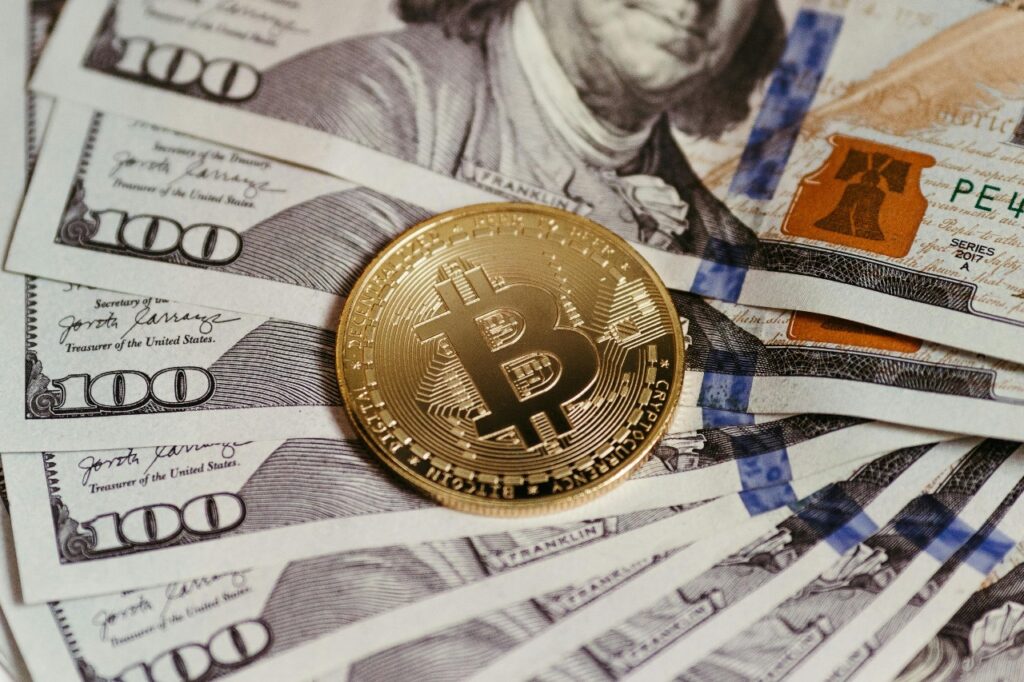Keep Your Coins Safe: Best Secure Crypto Wallets (2025)
Welcome to Global Crypto Sports! If you’re diving into the exciting world of cryptocurrencies, one thing you cannot afford to overlook is how to keep your digital assets safe. The rise of cryptocurrency over the last decade has transformed finance, investments, and even how we think about money itself. But with great innovation comes the need for heightened security. In 2025, the stakes are higher than ever, and choosing the right secure crypto wallet is essential for anyone serious about protecting their coins.
Why Secure Crypto Wallets Matter More Than Ever in 2025
Cryptocurrency is now mainstream, with millions investing in Bitcoin, Ethereum, and thousands of altcoins. Decentralized finance (DeFi) and Web3 applications are reshaping how people interact with money, making it vital to store your assets securely.
The importance of a secure crypto wallet cannot be overstated:
- Digital theft and hacking incidents have surged.
- Phishing attacks and scams target crypto holders daily.
- With more DeFi protocols and NFTs, your wallet is your gateway—and your fortress.
- Regulatory changes push more control into users’ hands, emphasizing self-custody.
This post is your ultimate guide to understanding, choosing, and using the best crypto wallet 2025 for maximum security and peace of mind.

What Is a Crypto Wallet? Key Definitions to Know
Before jumping into wallet types and recommendations, let’s clarify some key terms:
Blockchain
At the heart of crypto is the blockchain a decentralized digital ledger where transactions are recorded permanently and transparently.
Crypto Wallet
A crypto wallet is a software or hardware tool that stores your private keys—the secret codes that let you access your cryptocurrencies on the blockchain.
Private Keys & Public Keys
- Private Key: Like a password, it proves ownership of your coins. Never share this!
- Public Key: Similar to an email address, it’s used to receive funds.
Cold Wallet vs Hot Wallet
- Cold Wallet: Offline storage, disconnected from the internet (e.g., hardware wallets). Offers the highest security.
- Hot Wallet: Connected to the internet (e.g., mobile or desktop wallets). More convenient but vulnerable to online attacks.
Decentralized Wallet
Wallets that allow users full control over their private keys, without relying on third-party custodians, ensuring true ownership.
Types of Secure Crypto Wallets in 2025
When choosing a secure crypto wallet, it helps to understand the various wallet types and their pros and cons.
1. Hardware Wallets (Cold Wallets)
These are physical devices designed to keep your private keys offline, making them extremely resistant to hacking.
Popular Examples:
- Ledger Nano X
- Trezor Model T
Pros:
- Maximum security since private keys never touch the internet.
- It can be used with various cryptocurrencies.
- Durable and portable.
Cons:
- Initial cost can be high ($50-$200+).
- Requires careful handling and backup.
- Slightly less convenient for frequent trading.
2. Mobile Wallets (Hot Wallets)
Mobile wallets are apps installed on smartphones, offering easy access to your funds anytime, anywhere.
Popular Examples:
- Trust Wallet
- MetaMask Mobile
Pros:
- Highly convenient and user-friendly.
- Supports DeFi apps and NFTs.
- Usually free to use.
Cons:
- Vulnerable to malware and phishing.
- Security depends on your phone’s safety.
- Private keys may be exposed if the device is compromised.
3. Desktop Wallets (Hot Wallets)
Software is installed on computers. Offers good control but requires security awareness.
Popular Examples:
- Exodus
- Electrum
Pros:
- Rich features, including portfolio tracking.
- More secure than web wallets.
Cons:
- Vulnerable if your PC is hacked or infected.
- Not as mobile-friendly.
4. Web Wallets (Hot Wallets)
Wallets accessed through browsers.
Examples:
- Coinbase Wallet
- MetaMask Browser Extension
Pros:
- Extremely convenient.
- Easy integration with DeFi.
Cons:
- Prone to phishing and hacking.
- Private keys are sometimes held by third parties.
5. Paper Wallets (Cold Wallets)
A physical printout of your public and private keys.
Pros:
- Completely offline and immune to hacking.
Cons:
- Easily lost, damaged, or stolen.
- Not practical for regular use.

How to Choose the Best Crypto Wallet 2025?
There is no one-size-fits-all answer; your choice depends on:
- How often do you trade or use crypto
- Your level of security comfort
- Types of cryptocurrencies you hold
- Your tech-savviness
Consider these factors:
| Factor | What to Look For |
|---|---|
| Security | Hardware wallets for large holdings |
| Accessibility | Mobile wallets for daily use |
| Backup & Recovery Options | Seed phrases and wallet backup features |
| Supported Cryptocurrencies | Multi-coin wallets if you hold many assets |
| User Interface | Simple and intuitive design |
Top Secure Crypto Wallets in 2025: A Closer Look
Here’s a curated list of the best crypto wallets 2025 focusing on security and usability.
Ledger Nano X (Hardware Wallet)
- Supports over 1,800 cryptocurrencies.
- Bluetooth is enabled for mobile use.
- Secure chip technology.
- Strong backup with 24-word recovery phrase.
Trezor Model T (Hardware Wallet)
- Open-source firmware for transparency.
- Touchscreen for easy navigation.
- Multi-currency support.
- Robust backup features.
Trust Wallet (Mobile Wallet)
- Owned by Binance, integrates DeFi and NFTs.
- Supports hundreds of tokens.
- In-app DApp browser.
- Backup via seed phrase.
MetaMask (Browser + Mobile Wallet)
- Popular for Ethereum and DeFi.
- User-friendly interface.
- Supports hardware wallet integration.
- Strong community support.
Exodus (Desktop + Mobile Wallet)
- Beautiful interface with portfolio overview.
- Supports 100+ cryptocurrencies.
- Built-in exchange.
- Backup and restore options.
Crypto Wallet Security: Best Practices
Having a secure wallet is just one piece of the puzzle. Here’s how to maximize crypto wallet security:
- Never share your private keys or seed phrases.
- Use two-factor authentication (2FA) where possible.
- Regularly update your wallet software to patch vulnerabilities.
- Avoid using public Wi-Fi for wallet access.
- Consider cold storage for large sums.
- Always create a secure backup of your wallet (preferably offline).
- Beware of phishing links and fake wallet apps.
- Use decentralized wallets to maintain control over your funds.
- Keep your device free of malware and viruses.
Real-World Case Study: The Importance of Wallet Security
In 2023, a major crypto exchange suffered a hack, losing millions of dollars worth of customer funds. Many victims had stored their coins on exchange wallets, which are custodial and vulnerable.
In contrast, users who held assets in hardware wallets remained safe, highlighting the critical importance of self-custody and secure wallets.
Benefits and Risks of Using Secure Crypto Wallets
Benefits
- Full control over your funds — no middlemen.
- Enhanced protection from hacks and theft.
- Ability to participate fully in DeFi, Web3, and NFT ecosystems.
- Peace of mind knowing your assets are safe.
Risks
- Loss of private keys means permanent loss of coins.
- User error can lead to vulnerabilities.
- Physical damage or loss of hardware wallets.
- Scams and phishing attacks.
Actionable Advice for Beginners and Intermediate Investors
- Start small: Experiment with mobile wallets before investing heavily.
- Use hardware wallets for serious holdings.
- Always write down and secure your backup phrase.
- Stay informed: Follow news on wallet vulnerabilities and updates on Global Crypto Sports.
- Use reputable wallets with strong community trust.
- Regularly check wallet permissions, especially for DeFi apps.
- Consider multi-signature wallets for extra security.
Frequently Asked Questions (FAQ)
1. What is the safest type of crypto wallet?
Hardware wallets (cold wallets) are the safest because they keep your private keys offline and away from hackers.
2. Can I recover my wallet if I lose my phone or device?
Yes, if you have securely backed up your seed phrase or private keys, you can restore your wallet on a new device.
3. Is it safe to keep coins in an exchange wallet?
Generally, no. Exchange wallets are custodial and susceptible to hacks. Use them only for trading, not long-term storage.
4. What is a decentralized wallet?
A decentralized wallet gives you full control of your private keys without relying on a third party. This ensures true ownership and security.
5. How often should I update my wallet software?
Update your wallet software immediately when new versions are released to fix security vulnerabilities.
6. Are paper wallets still a good option in 2025?
Paper wallets offer offline storage but are risky due to physical damage or loss. Hardware wallets are generally preferred.
7. Can mobile wallets be hacked?
Yes, if your phone is compromised or if you fall for phishing scams. Use security measures like biometric locks and avoid suspicious links.
Conclusion: Stay Secure, Stay Ahead in 2025
Cryptocurrency ownership comes with the tremendous power of financial freedom but also great responsibility. Choosing the right secure crypto wallet is the foundation of protecting your digital wealth. Whether you’re a beginner or a seasoned investor, understanding wallet types, security measures, and backup strategies is crucial.
At Global Crypto Sports, we’re committed to bringing you the latest updates on crypto security trends, tools, and best practices. Keep your coins safe by investing in the right wallet, staying informed, and practicing good security hygiene.
Ready to safeguard your crypto journey? Share this post with your network, subscribe to Global Crypto Sports for more insights, and start using the most secure wallet that fits your needs today!
Stay safe. Stay smart. Stay crypto-secure. 🚀